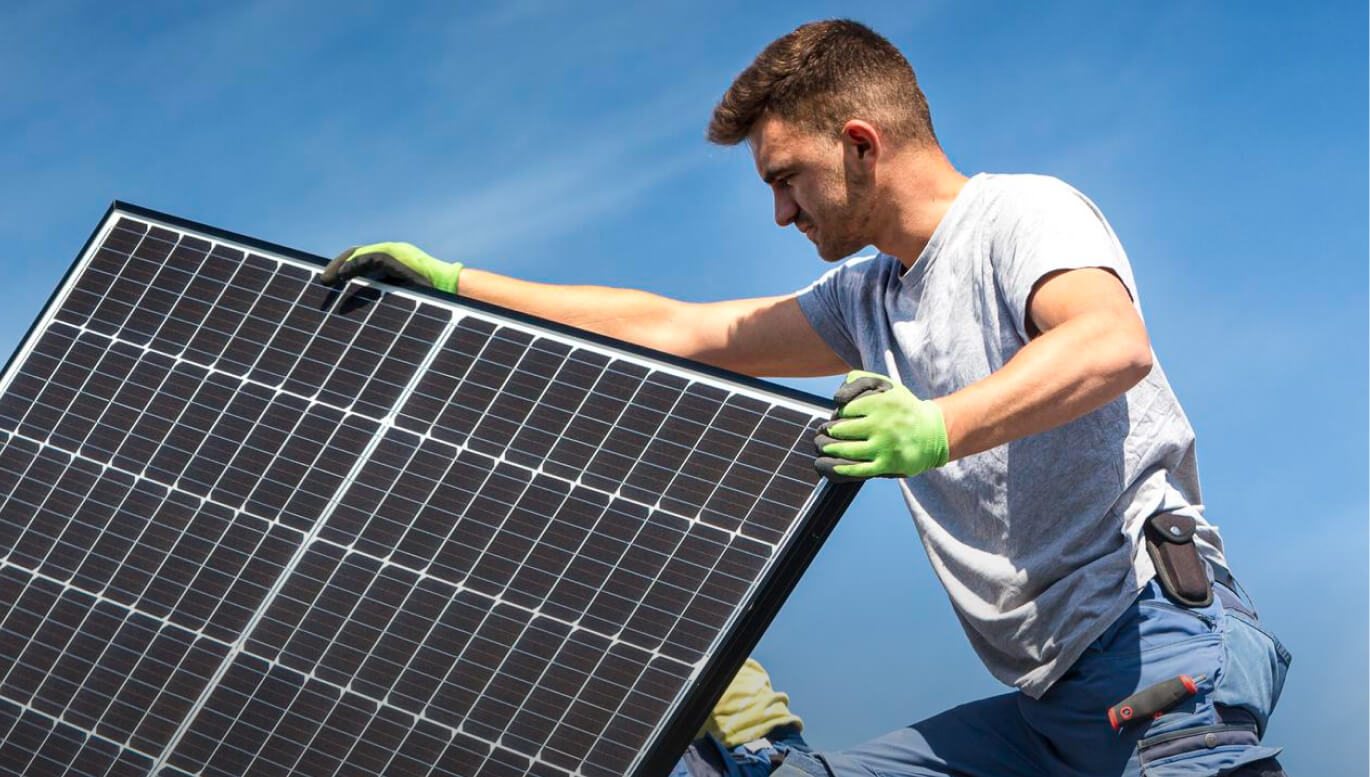Agriculture & Renewable Energy BlueWave Farms

BlueWave Farms partnered with us to transition their operations toward solar-powered systems, aiming to reduce reliance on traditional energy sources. Over a 12-month timeline, we designed and implemented a tailored renewable energy solution that cut operational costs by 30%, lowered carbon emissions, and enhanced overall farm efficiency.
BlueWave Farms is a pioneering agricultural enterprise based in Fresno, California, specializing in large-scale crop production. With rising global demand for food and increasing environmental concerns, the farm recognized the urgent need to adopt more sustainable practices. Their leadership team set a bold vision: to demonstrate how renewable energy and eco-friendly innovations could transform traditional farming into a model of sustainable agriculture for future generations.
Situation
Before the project began, BlueWave Farms relied heavily on conventional fossil-fuel energy sources to power irrigation systems, storage facilities, and processing equipment. This dependency created high operational costs, unpredictable energy bills, and a growing carbon footprint. At the same time, the farm faced increasing regulatory pressure and consumer demand for environmentally responsible farming practices. The need to balance profitability with sustainability created a pressing challenge for the farm’s management team.


Challenge
The biggest challenge for BlueWave Farms was breaking away from its dependence on expensive, non-renewable energy sources. Energy expenses accounted for a significant share of operating costs, while emissions continued to rise. Additionally, the farm lacked in-house expertise in renewable energy planning, making the transition seem complex and risky. BlueWave Farms needed a practical, cost-effective solution that could deliver immediate benefits while laying the foundation for long-term growth and sustainability.
Solution
Our team designed and implemented a customized solar energy system tailored to the farm’s operational needs. After conducting a detailed energy audit, we installed advanced solar panels capable of powering irrigation pumps, storage units, and processing facilities. To ensure efficiency, smart monitoring systems were integrated, giving the farm real-time control over energy usage. We also advised on water-efficient irrigation technologies, creating a synergy between renewable energy and resource management that significantly improved sustainability outcomes.
Results
The collaboration with BlueWave Farms delivered outstanding results. Within the first year, the farm achieved a 30% reduction in energy costs, easing financial strain and boosting profitability. Carbon emissions dropped by 25%, aligning with state and federal sustainability targets. Solar-powered irrigation enhanced crop yields by providing reliable, clean energy for water management. Beyond the numbers, the project elevated BlueWave Farms’ reputation as an innovator in sustainable agriculture, attracting new customers and partners inspired by their green transformation.

Objectives
BlueWave Farms aimed to reduce operational costs, transition to clean energy, and set an example of sustainable agriculture for the wider farming community. we installed advanced solar panels capable of powering irrigation pumps, storage units, and processing facilities. To ensure efficiency, smart monitoring systems were integrated, giving the farm real-time control over energy usage. We also advised on water-efficient irrigation technologies, creating a synergy between renewable energy and resource management that significantly improved sustainability outcomes.
Impact
The project not only lowered costs and emissions but also inspired neighboring farms to explore renewable solutions, contributing to regional sustainability and long-term climate goals. By combining renewable energy with smart irrigation and monitoring systems, we created a scalable solution tailored for future expansion. Stakeholders were demanding more sustainable practices, but the farm lacked the expertise to make the transition effectively.




